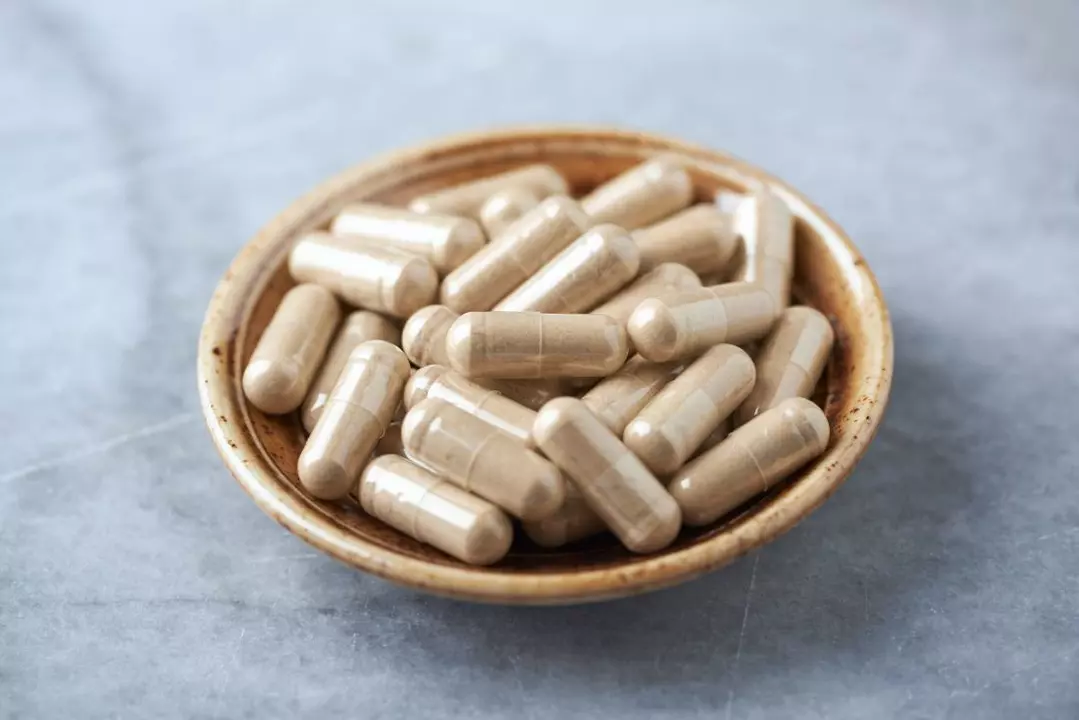Dietary supplements: how to pick safe, useful options
Think popping a pill will fix a gap in your diet? Supplements can help, but they aren’t magic. This page gives straight facts so you can choose supplements that actually make sense for you, avoid waste, and stay safe when mixing them with medicines.
How to tell if a supplement is legit
Start with the label. Look for serving size, active ingredients with amounts, and a full ingredient list. Check for third-party testing stamps like USP, NSF, or ConsumerLab—those mean the product was tested for what it says on the label and for heavy metals or contaminants. Avoid vague claims like “detox” or “miracle cure.” If a supplement promises fast, dramatic results, it’s likely overpriced or risky.
Brand reputation matters. Prefer brands that list a manufacturer address and phone number. Search short user reviews, but prioritize detailed reports about side effects or shipping issues. If you see reports that mention inconsistent strength, weird smells, or different pill colors between batches, skip it.
Smart dosing and safety tips
More is not always better. Many vitamins and minerals have a safe upper limit. Fat-soluble vitamins (A, D, E, K) can build up and cause harm if you take high doses long-term. Follow the label dose unless a doctor advises otherwise. If you take prescription meds, run supplements by your clinician—things like St. John’s Wort, high-dose vitamin E, or certain herbal blends can change how drugs work.
Pregnant or nursing? Don’t guess. Some supplements are unsafe in pregnancy. Same goes for kids and people with liver or kidney disease—get specific medical advice before starting anything new.
Watch for interactions. Common examples: cranberry or D-mannose are often used for urinary health, but if you’re on blood thinners or certain heart meds, ask your doctor. Fish oil (omega-3) can thin blood at high doses. Probiotics are helpful for some gut issues but may not be right after certain infections or for people with weakened immune systems.
Timing and form matter. Some supplements absorb better with food (fat-soluble vitamins), others on an empty stomach. Pick forms that fit your routine—liquid or chewable for people who struggle with pills, slow-release if you get stomach upset. Check expiration dates; potency drops with time.
Use supplements to fill gaps, not replace food. Whole foods give fiber and other nutrients you won’t get from a pill. For example, brown rice and other whole grains boost fiber and minerals; a supplement can’t fully replace them. Think of supplements as targeted help—vitamin D in winter, iron if tests show you’re low, or a probiotic during antibiotic use.
If you want more depth, read our practical articles on cranberry vs D-mannose for UTI prevention, brown rice benefits for diet, and reviews of common supplements and alternatives. Browse the tag to compare products, safety tips, and real user experiences before you buy.
